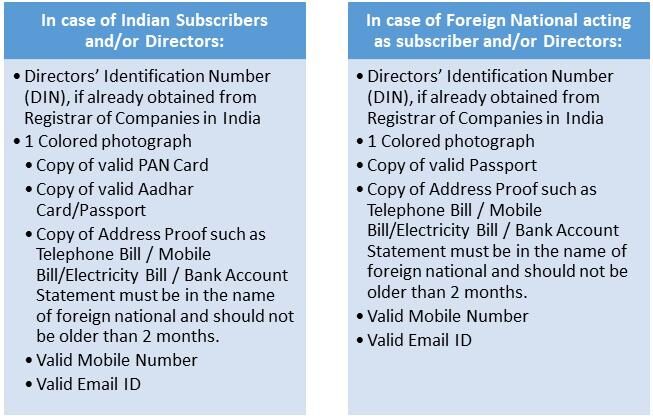
As a foreign company, expanding your business to India can be a smart move. With its large and growing economy, India offers a wealth of opportunities for businesses of all sizes. One way to establish a presence in India is by registering a subsidiary company.
A subsidiary company is a separate legal entity that is owned by a parent company. It operates independently, but is still controlled by the parent company. This allows the parent company to have a presence in India without having to set up a new company from scratch.
There are two main categories of subsidiaries in India:
In this type of subsidiary, the parent company owns 100% of the subsidiary’s shares. However, wholly-owned subsidiaries can only be formed in sectors that allow 100% Foreign Direct Investments (FDI).
In this type of subsidiary, the parent company owns 50% of the subsidiary’s shares.
The subsidiary must follow the laws of the country where it is incorporated and operates. Hence, if a foreign company is incorporated in India, then it has to follow the applicable laws in India.
The entry route through which investment by a person resident outside India does not require the prior Reserve Bank approval or Government approval.
The entry route through which investment by a person resident outside India requires prior Government approval. The foreign investment received under this route shall be under the conditions stipulated by the Government in its approval.

In case of Body Corporate/Company acting as Subscriber cum shareholders in Indian Company:
Documents that require to be drafted and filed as per Laws in India towards Company Registration:
Alongwith the documents as mentioned above, the following mentioned documents shall also be prepared and filed with the Registrar in order to file the application for Company Registration.
Important Note:
At the time of Issuance of shares to Foreign Holding Company, Issuing Company must comply with the FEMA provision. Applicant- company needs to file Form FC-GPR with RBI within 30 days from the date of receipt of Money in respect to the shares allotted at the time of Incorporation of a Wholly Owned Subsidiary in India.
Compliance in respect to inward remittance is as follows.
An Apostille is simply the name for a specialized certificate, issued by the Secretary of State. The Apostille is attached to your original document to verify the authenticity of the documents so that the same can be accepted in other countries who are members of The Hague Apostille Convention.
Moreover, the Countries which are not the part of The Hague Convention are required to get the documents consularized from the Indian Embassy situated in that of a particular Country.
No, in case a foreign national is in India on valid Business Visa, then all the documents for him does not required to be notarized and apostilled and the company formation application will be filed based on Business Visa, as the place of signing of all the documents shall be within India.
Fill up the form and our team will get back to you in 24 hours.